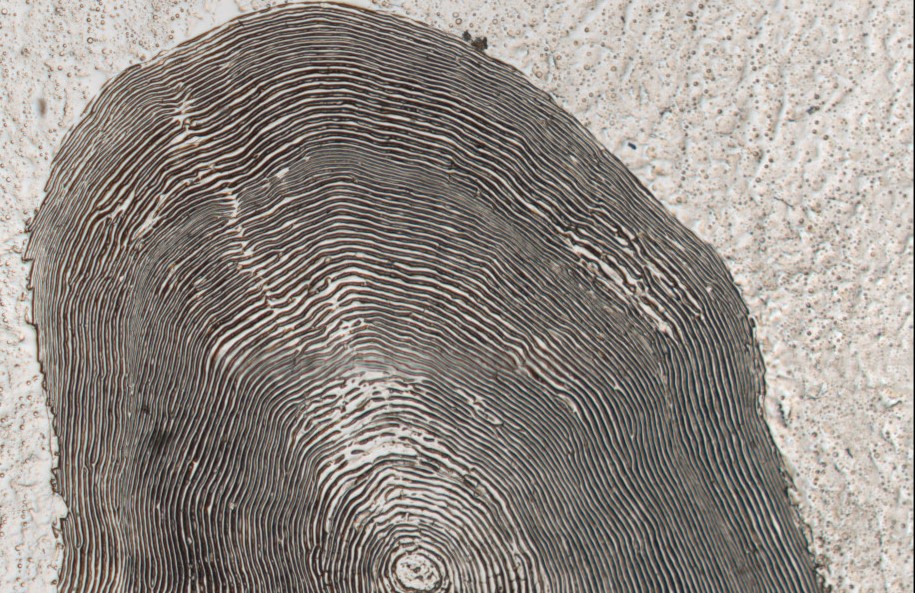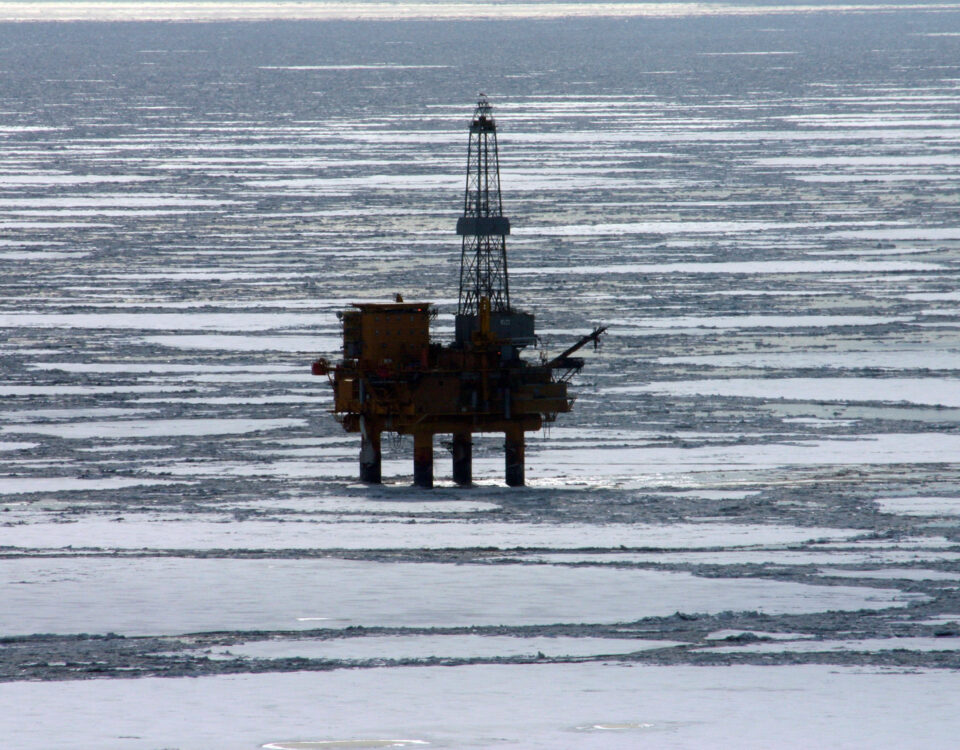PROJECT
Mariculture Research and Restoration Consortium
Mariculture Research and Restoration Consortium (Mariculture ReCon): Sustainable Mariculture Development for Restoration and Economic Benefit in the EVOS Spill Area
Background
The mariculture industry in Alaska is currently small and poised to grow. Mariculture opportunities are tailor-made for Alaska and Alaskans: Alaska’s rich and productive waters are well-suited for growing shellfish and seaweed, Alaskans are skilled in maritime activities, and Alaska’s commercial fishing infrastructure (boats and processing) can serve to jointly support the mariculture industry. Mariculture may benefit ecosystems through habitat provisioning, reducing impacts of ocean acidification, pollution mitigation, and supporting fish populations, and can benefit local economies through the production of sustainable food and the creation of green jobs.
Researchers with the Prince William Sound Science Center, Alaska Sea Grant, the Native Village of Eyak, National Oceanic and Atmospheric Administration, Alaska Department of Fish and Game, and University of Alaska Fairbanks are partnering with the Alaska Fisheries Development Foundation and nine seaweed and/or shellfish farms across the spill-affected region to form the Mariculture Research and Restoration Consortium (Mariculture ReCon). Together, researchers and farmers will address research needs identified as the top priorities in the Alaska Mariculture Development Plan.
The overarching objective of the Mariculture ReCon is to support restoration, habitat enhancement, and economic development through research and partnerships between scientists and seaweed and shellfish farmers. This consortium’s activities will enable capacity building and growth of the mariculture industry in the Exxon Valdez oil spill-affected area and benefit the region that continues to bear the burden of lost revenue and services that the region’s ecosystems supported pre-spill.
Project description
The Mariculture ReCon is a research and monitoring project designed to address the needs of the mariculture industry in spill-affected areas including Prince William Sound, Kachemak Bay, and Kodiak Island. The goal of the project is to quantify the extent to which habitat restoration and habitat enhancement occur via mariculture activities and amplify the economic development potential of mariculture by supporting capacity building and growth in the mariculture industry. The project also aims to enhance the ability of Alaskan communities to economically benefit from mariculture expansion in a way that restores or enhances the habitats upon which Alaskan coastal communities in the EVOS-affected area rely.
The Mariculture ReCon project includes ecosystem studies that will evaluate the role of mariculture in restoring injured resources, habitat provisioning, reducing ocean acidification impacts, mitigating pollution, and supporting fish populations, while evaluating interactions with marine birds and mammals and developing mitigation strategies. The Project also includes socioeconomic studies to investigate economical sustainability of hatcheries, product development to research new products for this nascent industry, and technology transfer and training for new and existing farmers to investigate farm designs and support industry growth. The Mariculture ReCon is also collaborating with the Community Organized Restoration and Learning Network to enhance education and outreach activities. Outreach efforts will include holding listening sessions in coastal communities, creating an information clearing house, and developing mariculture training opportunities, education programs, and workshops.
The data and results generated from the project will be used to:
- Monitor oceanographic conditions and biological communities as mariculture expands over the next ten years.
- Evaluate restorative and/or adverse outcomes of mariculture operations on ecological communities.
- Identify best practices for optimizing productivity, longevity, and site selection of farms.
- Establish methodology and cost-assessments for generating Alaska-based oyster seed.
- Address missing supply chain links necessary to move mariculture products to the market.
- Disseminate information to individuals and communities for implementation.
Learn More
Alaska Mariculture Research and Training Center
Data from this program will be made available on the Alaska Ocean Observing System Gulf of Alaska data portal.
PRINCIPAL INVESTIGATOR
Katrina Hoffman
PWS Science Center
khoffman@pwssc.org
Hannah Wilson
Alaska Fisheries Development Foundation
hwilson@afdf.org
Ginny Eckert
University of Alaska Fairbanks
gleckert@alaska.edu
John Whissel
Native Village of Eyak
john.whissel@eyak-nsn.gov
RESEARCH PERIOD
2022-2026
FUNDING
Exxon Valdez Oil Spill Trustee Council
COLLABORATORS
Alaska Department of Fish and Game
Alaska Fisheries Development Foundation
Alaska Sea Grant
Axiom Data Science
Local Shellfish/Seaweed Farmers
National Oceanic and Atmospheric Administration, Alaska Fisheries Science Center
Native Village of Eyak
Prince William Sound Science Center
University of Alaska Fairbanks

The Mar ReCon will evaluate the impact of mariculture (seaweed and oysters) on the physical environment (water biogeochemistry and nutrients) and marine communities (plankton, benthic species, pelagic fish, marine birds, marine mammals). This project will also support farm production, evaluate economic feasibility of producing oyster seed in Alaska, and develop and test products.




